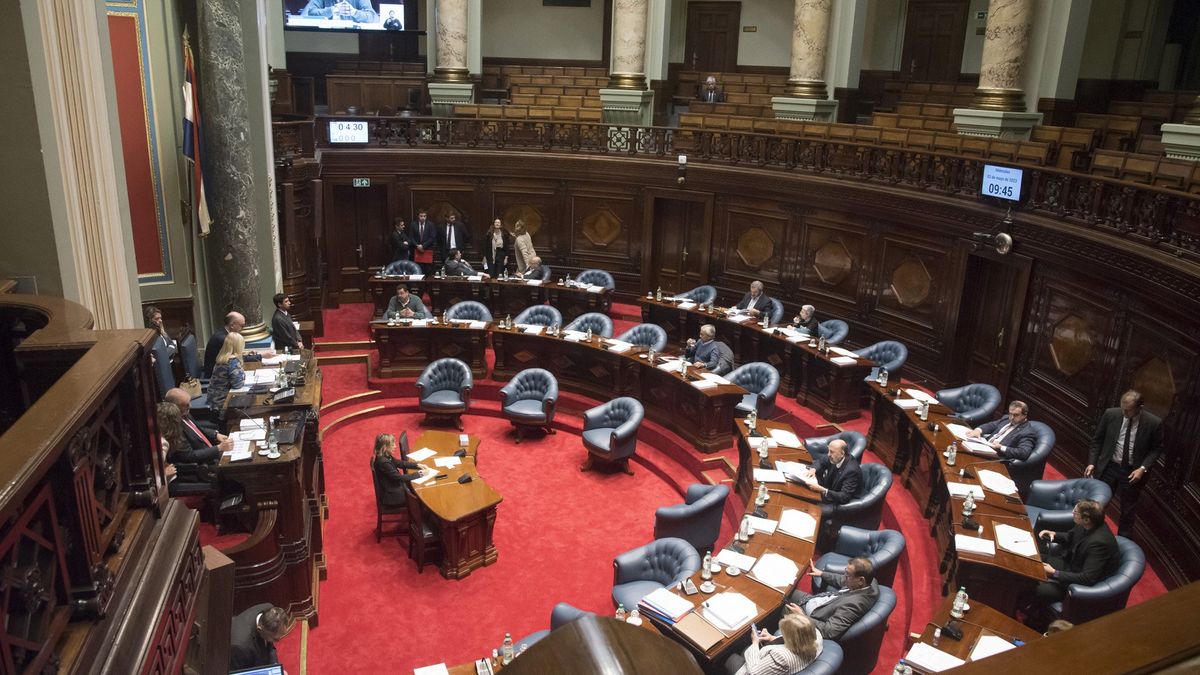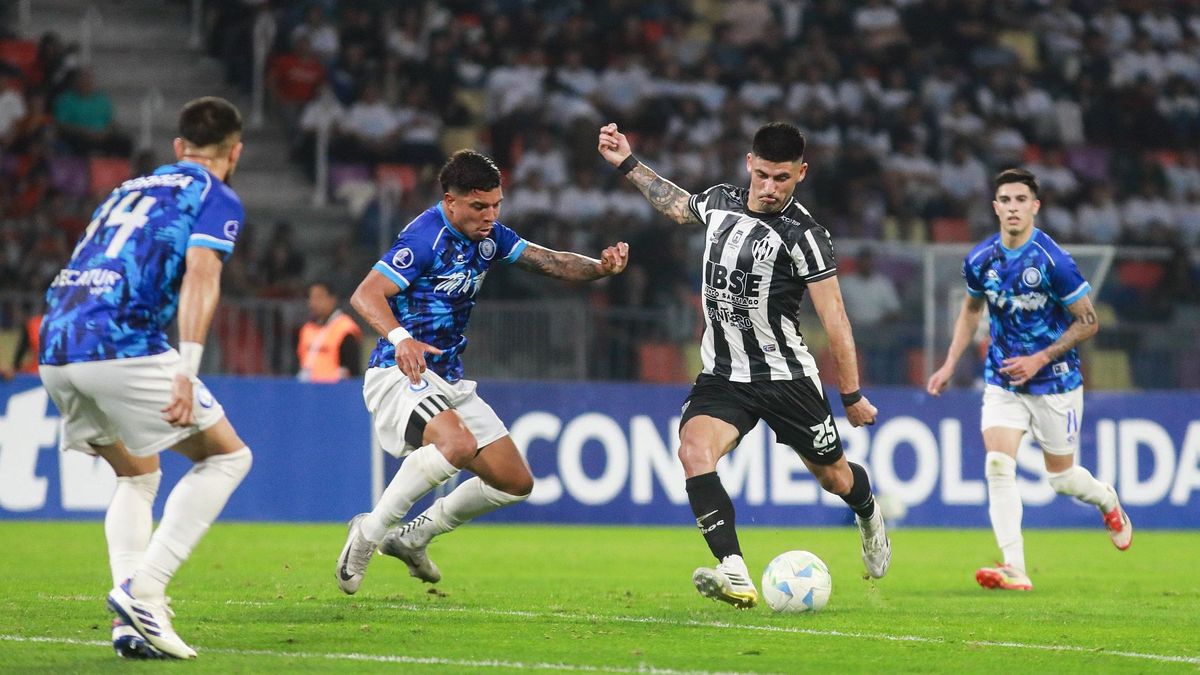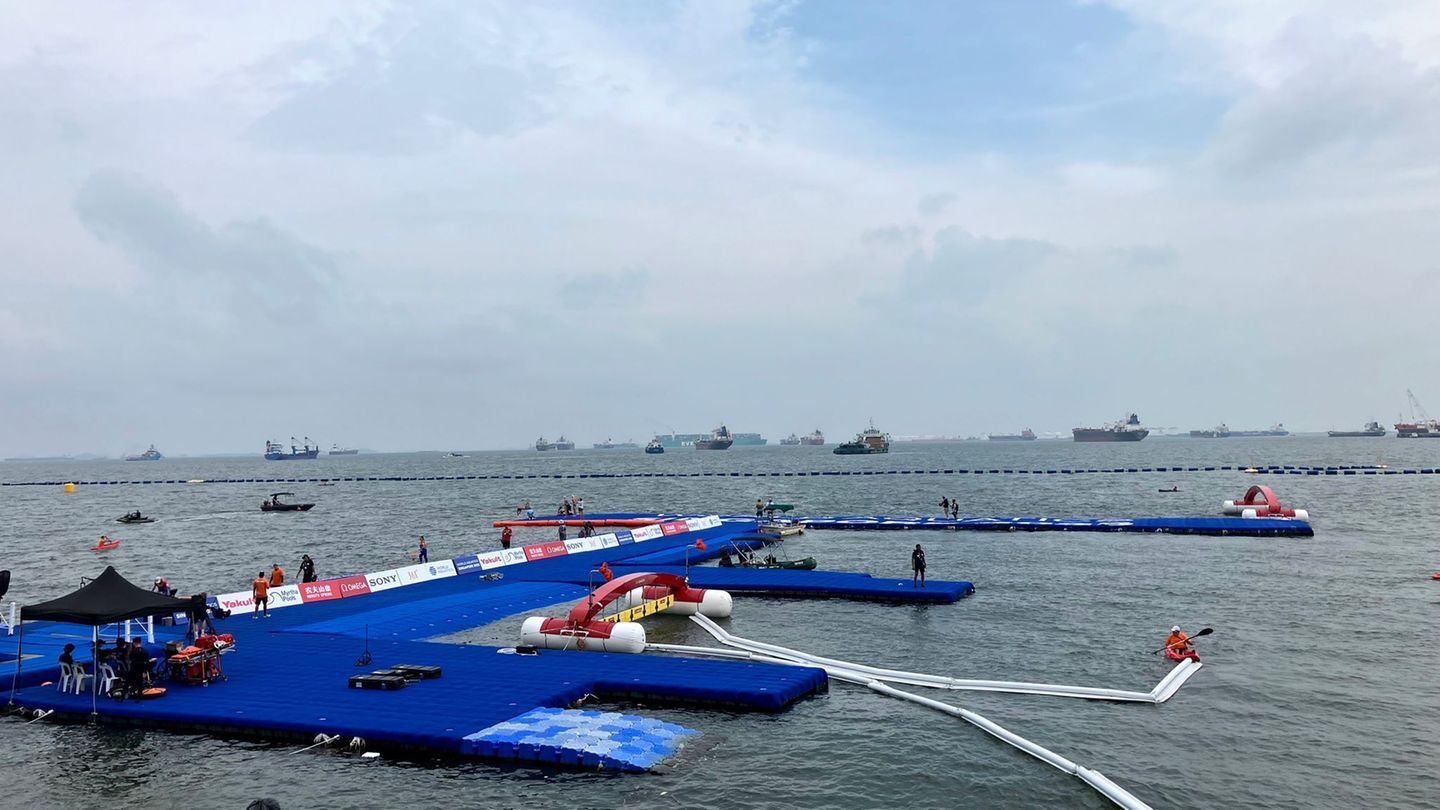He Wide Fronthe Colorado Party and the Independent Party were able to reach an agreement regarding the political party financing bill in Uruguay after the Marset scandal and the resulting political crisis – which put a magnifying glass on possible links between drug trafficking and the political system, a scenario considered mainly by the opposition -; and they set a date to vote on the regulations that will replace the one in force since 2009. Town meeting would also accompany the initiative.
With the parliamentary majority guaranteed from an unprecedented alliance based on the new political party financing law, the Parliament is preparing to vote on the project next Thursday, November 16, after it seemed that the text could not see the light of day this year due to the different obstacles in the negotiation.
Finally, Frenteamplistas, Colorados and Independents managed to agree on a single project that consists of 35 items. Regarding the authorization for the companies can contribute to the campaigns – one of the points that generated differences between the parties -, finally the FA relented and this possibility was incorporated in article 6.
For his part, the National Party He still does not take a position on the project, although on Monday he will discuss the issue at the board meeting while they continue analyzing the agreed text – as they have been doing for a few weeks with the separate proposals of the parties. The whites want to seek agreements and the other parties are willing to accept suggestions, although the guaranteed majority will allow them to reject any analysis if the objective is simply to delay the approval of the law.
In principle, next Tuesday the “Special Commission for legislative purposes to study the financing of democracy” will receive leaders of the Electoral Court and of Court of Accounts to give their opinion on the project, and the idea is that it will be voted on in committee on Thursday. Then, it will depend on the negotiation between the parties if the project is discussed in the plenary session on Thursday, November 16th or on Tuesday, November 21st.
What does the agreed joint project establish?
Among the 35 articles of the project, the article 6 for having been one of those who required the most work in the negotiation. It establishes that political parties, internal sectors and lists of candidates “may receive contributions, donations and contributions, whether in money or in kind, from natural or legal persons duly identified that do not receive subsidies or grants from the State”, with some certain exceptions.
For its part, article 7 adds that “you may donate, in money or in kind, up to the equivalent in Uruguayan pesos of 300,000 IU (three hundred thousand indexed units) during each of the internal, national, departmental and municipal electoral campaigns.”
Article 9, meanwhile, establishes the prohibitions on donations: for example, “that come from unauthorized legal entities, from companies holding concessions or awarding public works, from associations or organizations, even when they lack legal status, whether they have a civil, professional, labor, political, religious, union purpose, union, whether they are for-profit or not, whether national or foreign.” Contributions from “foreign states, governments and rulers” will also not be enabled.
Another change that the project establishes with respect to the current law is that it establishes a limit to the contribution of your assets What can the first candidate on a list do? In that sense, article 7 also states that “when the contributions are made by the candidates for elective positionswhether in money or in kind, the limits will be: for candidates for the Presidency and Vice Presidency of the Republic up to 1,000,000 UI (one million indexed units)”, and “for candidates for positions of Senators, Deputies and Departmental Mayors up to 800,000 UI (eight hundred thousand indexed units)”.
Refering to advertising regulation, article 11 authorizes “advertising in formats other than those of electoral advertising, outside of electoral campaign periods, during central time, for the exclusive purpose of calling for congresses, celebrations, tributes, events, acts and other activities. punctual supporters.” “In these cases, the information to be communicated must be visible and must occupy at least 90% (ninety percent) of the time of the advertising piece,” it is added.
Article 14 establishes the percentages of free spaces of slogans in electoral periods.
The project also includes a chapter dedicated to the sanctions for failing to comply with the provisions of the financing regulations, which indicate that the Electoral Court may apply various fines to political parties. Article 27 provides that “the natural or legal person or the organization or entity without legal status that makes a donation, contribution or contribution in money or in kind, that contradicts the provisions of this law, will be prohibited from joining the Single Registry of State Suppliers for a period of five years.”
Source: Ambito




